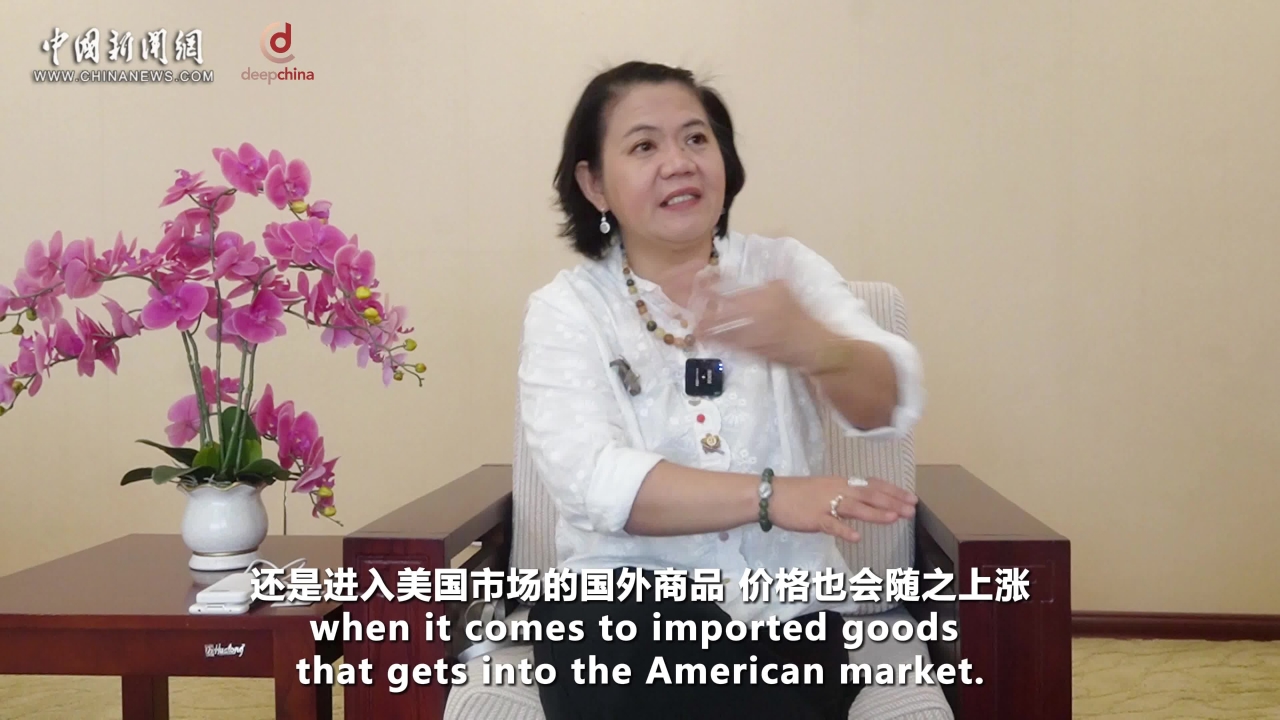China's top cyberspace regulator has directed social platforms such as Douyin and Xiaohongshu to optimize and adjust their algorithms.
Since the launch of the Qinglang Operation targeting prevalent algorithmic issues on online platforms, the Cyberspace Administration of China (CAC) has addressed public concerns about algorithmic recommendations that amplify vulgar content, reinforce “information cocoons” and intensify extreme viewpoints by guiding major platforms to optimize their information recommendation algorithms, the CAC said in a statement on Thursday.
Some key social platforms have signed the “declaration on improving algorithms” in Nanning, South China’s Guangxi Zhuang Autonomous Region, promising to improve content review mechanisms for algorithmic recommendations, launch dedicated websites, channels or accounts to publicly explain the principles behind their algorithms and develop innovative features such as “information cocoon assessment.”
They have also improved user preference management services and improved the diversity of algorithmically recommended content, according to the CAC.
Platforms including Douyin, Xiaohongshu, Weibo, Kuaishou, WeChat Channels, and Bilibili have systematically optimized and enhanced various features focusing on key areas including prioritizing positive content in recommendations, safeguarding users’ right to choose, enhancing the diversity of recommended content, and increasing algorithm transparency.
In terms of algorithm transparency, the platforms have made their algorithm operation rules public, promoted openness and ensured users’ right to be informed.
Douyin, for instance, has explained its recommendation logic, intervention mechanisms, and governance outcomes to the public by launching the “safety and trust center” website and organizing open day events. Weibo has increased the transparency of its trending topic algorithm by disclosing the rules for ranking and data usage. Additionally, it has also introduced popularity tags for trending topics, indicating the factors contributing totheir rise in popularity. WeChat Channels have explained its algorithmic recommendations to users through easy-to-understand graphics, text and videos.
In terms of breaking the “information cocoon,” Douyin has fully upgraded its “usage management assistant,” introducing an innovative content preference assessment feature that visually presents users’ recently viewed content.
Xiaohongshu introduced new features like “content preference assessment and adjustment” and “more exploration,” allowing users to easily access a wider variety of recommended content with just one click.
Kuaishou, leveraging a positive energy algorithm, has enhanced the algorithmic recommendation of content that is “positive,” “useful,” “warm” and “trustworthy.”
The platforms pledged to continuously improve their content review mechanisms for recommendations, strengthen the promotion of positive content, and strive to prevent the algorithmic recommendation of vulgar or harmful information.
While WeChat Channels have continuously iterated and upgraded its detection and enforcement models to strictly prevent vulgar or offensive content from entering the recommendation pool, Douyin has innovatively introduced a verification system for individuals involved in trending topics to prevent malicious behaviors such as posing for photography, impersonation for attention, and deceptive editing or splicing.
The platforms have also continued to refine features such as interest preference controls and negative feedback functions, making it easier for users to independently adjust and refine the content recommended by algorithms.
An CAC official noted that while the governance of information recommendation algorithms on major platforms has yielded some progress, issues such as the limited effectiveness of some functions and the inadequate quality of recommended content still remain.
Algorithm governance is a long-term and systematic undertaking and the cyberspace authorities will carry out regular inspections and supervise platforms to improve the quality of recommended content, and effectively safeguard the legitimate rights and interests of internet users, the CAC said.


















































 京公网安备 11010202009201号
京公网安备 11010202009201号